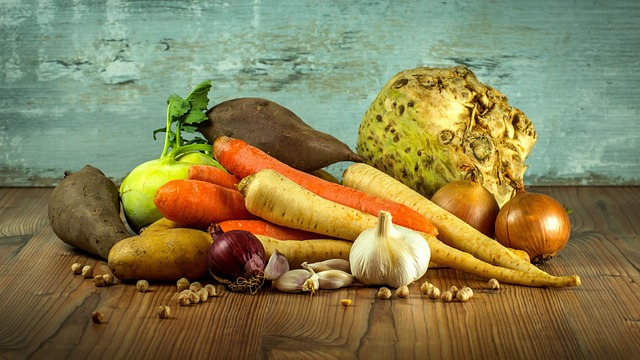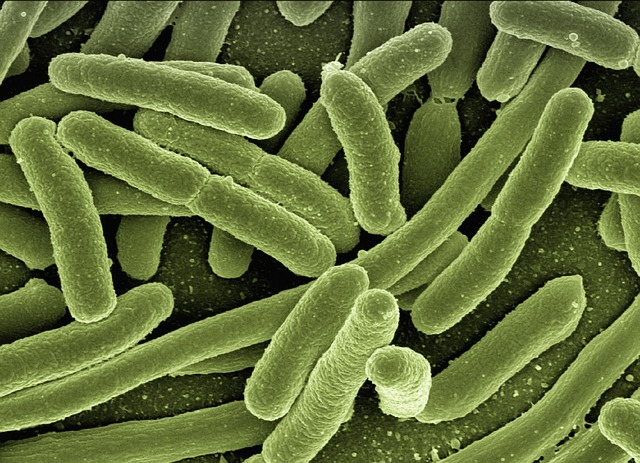In today’s fast-paced world, maintaining a healthy lifestyle can be a daunting task, especially when balancing work, family, and fitness goals. However, integrating a gluten-free diet into your exercise routine can elevate your health and performance, giving you the energy and focus you need to succeed.
When we think of gluten-free nutrition, many picture industries catering to dietary restrictions. Yet, it goes beyond just avoiding gluten. A gluten-free lifestyle can open doors to new, energizing foods that nourish the body. Nutritious grains like quinoa, brown rice, and buckwheat not only offer variety but also deliver essential vitamins and minerals that fuel your workout.
Exercising requires adequate nutrition to promote recovery and build strength. A well-rounded healthy nutrition plan complements your physical efforts and leads to improved performance. Gluten-free options often emphasize whole, unprocessed foods such as fruits, vegetables, lean proteins, and healthy fats, which are vital for optimal health and energy levels.
Incorporating gluten-free foods into your meals means you are likely to consume more nutrient-dense options. Instead of reaching for the traditional pasta pre-workout, consider gluten-free alternatives like chickpea or lentil pasta, which provide protein and fiber to keep you satiated and energized. Pair them with a colorful array of vegetables and a splash of olive oil for a delicious, nutritious meal.
Hydration also plays a key role in maintaining a healthy lifestyle and enhancing your exercise routine. Opt for gluten-free beverages, including herbal teas and coconut water, to ensure you’re fueling your body properly. Staying hydrated helps prevent fatigue and cramping, allowing you to push through that last mile or final set with confidence.
Snacking can be a trap that leads to poor choices. When you have gluten-free options on hand, you can easily choose nutritious snacks such as nuts, seeds, or gluten-free protein bars that provide the necessary fuel without compromising your health. These snacks can help you power through your workouts, giving you a boost of energy when you need it the most.
Transitioning to a gluten-free lifestyle can also lead to mindfulness about food choices. Many individuals report increased awareness about what they are eating, leading to overall healthier habits. When you pay attention to your nutrition, you’re likely to feel more energized, focused, and capable of achieving your fitness goals.
Incorporating a gluten-free diet into an exercise routine is not simply about eliminating certain foods; it’s about embracing a variety of healthy choices that support your lifestyle. By prioritizing gluten-free nutrition, you can enhance your workouts, improve your physical and mental well-being, and ultimately create a balanced, fulfilling life. Embrace the journey, explore new gluten-free delights, and enjoy the benefits that come with a dedicated approach to health and fitness!




